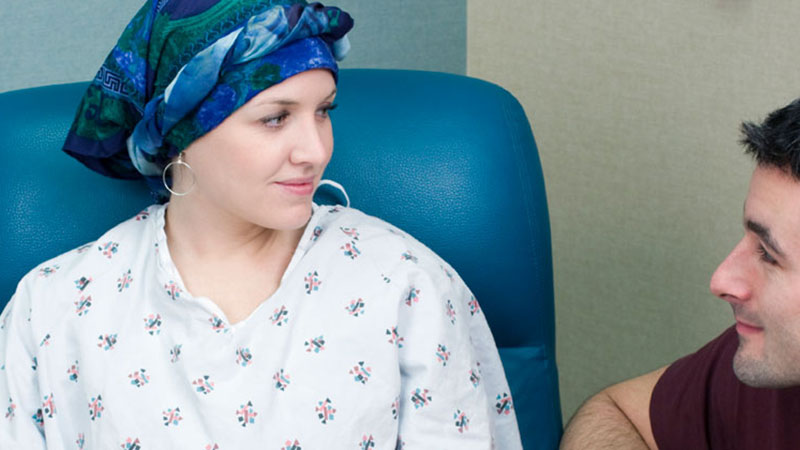Researchers: Prof Eila Watson, Dr Jo Brett, Dr Lauren Matheson, Prof. Mary Boulton
The prevalence of cancer survivors is growing, and will reach four million by 2030. The work of the Supportive Cancer Care Research Group has had a significant impact on improving the experiences and outcomes of people living with and beyond a cancer diagnosis.
The group has significant expertise in generating understanding of patient (and family members) experiences of living with and beyond a cancer diagnosis, and identifying and addressing unmet supportive care needs. This includes major commissioned and competitive research grants to undertake research exploring the health outcomes, experiences and supportive care needs of people with:
- prostate cancer (funded by Prostate Cancer UK/Movember),
- pancreatic cancer (funded by Pancreatic Cancer UK),
- pelvic cancers (funded by MacMillan Cancer Support),
- head and neck cancer (funded by NIHR) and
- breast Cancer (funded by NIHR).
Read more about this case study
The unique insights resulting from the research is, in turn, influencing both local and national policy and service development, and the development of interventions to improve patient experience and outcomes.
The research portfolio provides robust and novel evidence of the physical, psychological and social consequences of diagnosis and treatment on patients and their families, highlighting important gaps in care and support. This evidence is essential to plan the provision of appropriate monitoring and support services, including specialist services for people with complex consequences of treatment.
The work:
- influences development of national cancer policy
- provides key evidence to help cancer charities develop strategy, and
- informs the development and delivery of supportive care services at both local and national level, benefiting many cancer patients in the UK and beyond.



